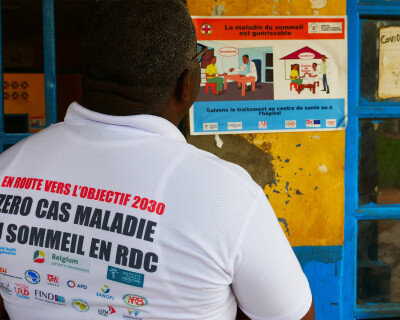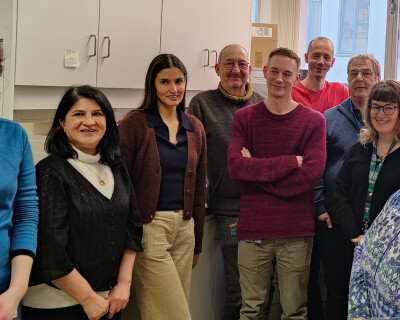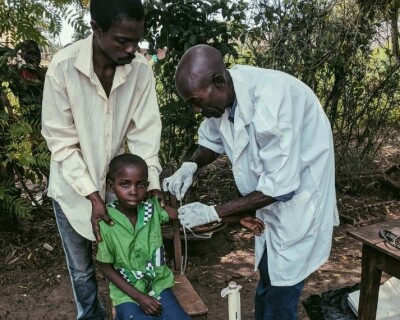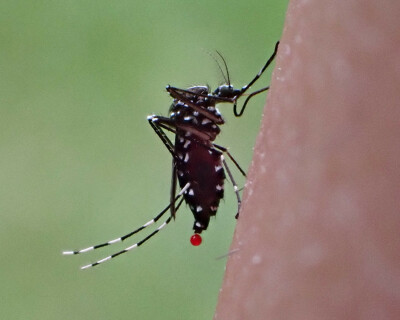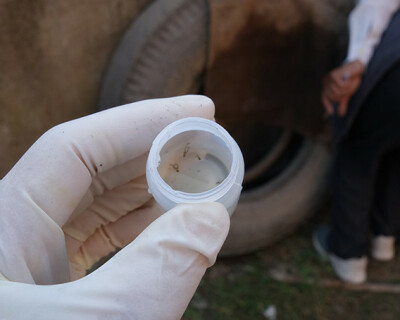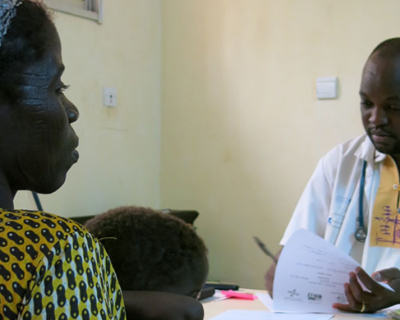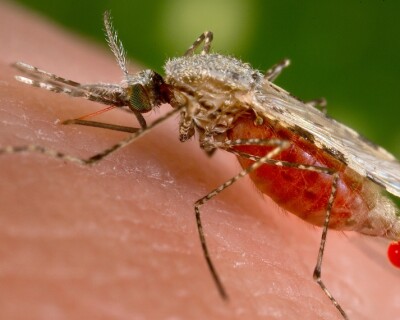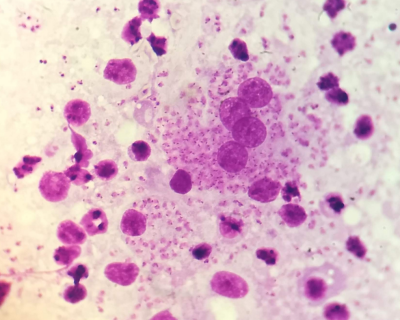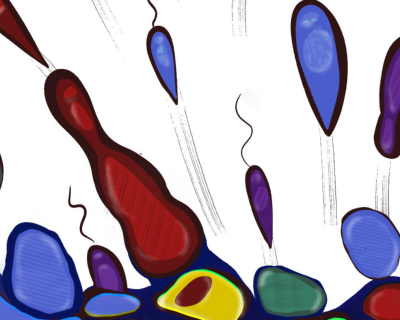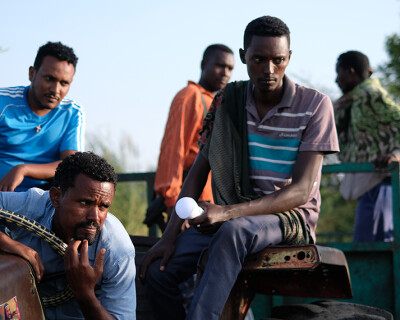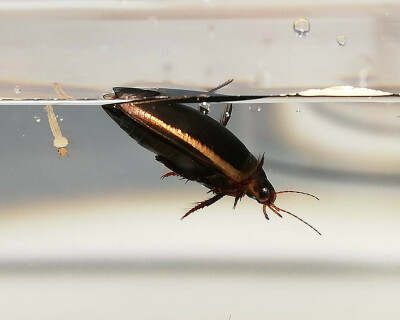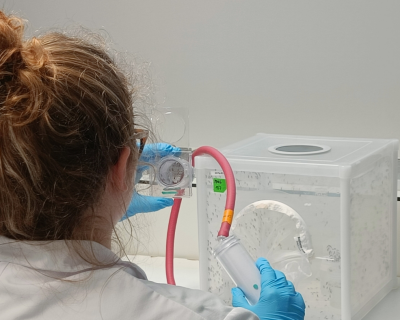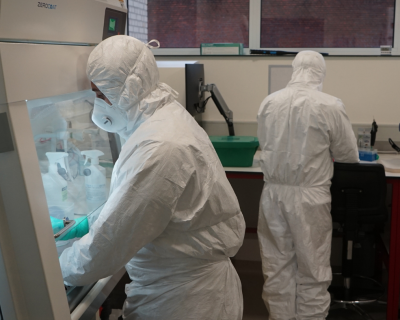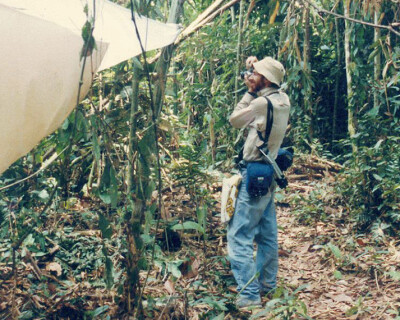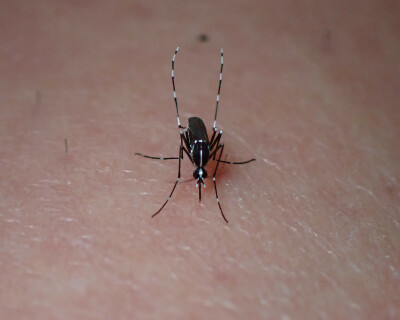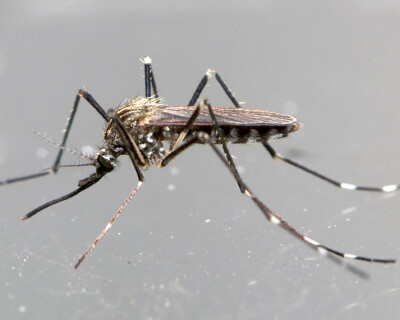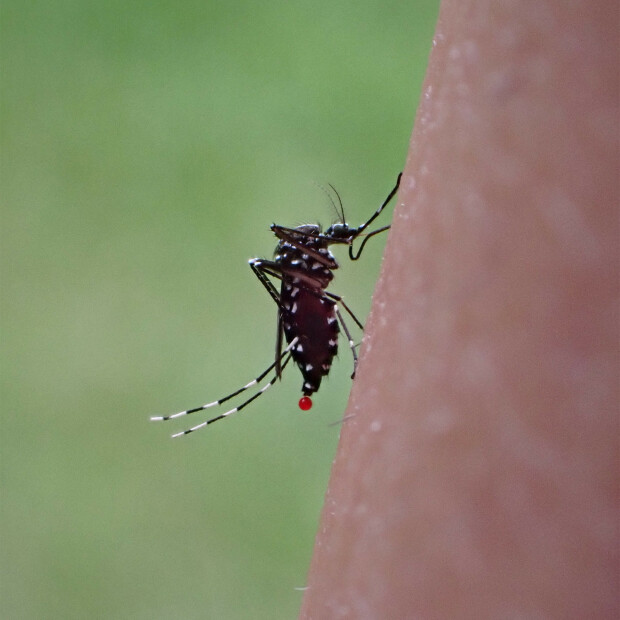
Accelerating disease elimination
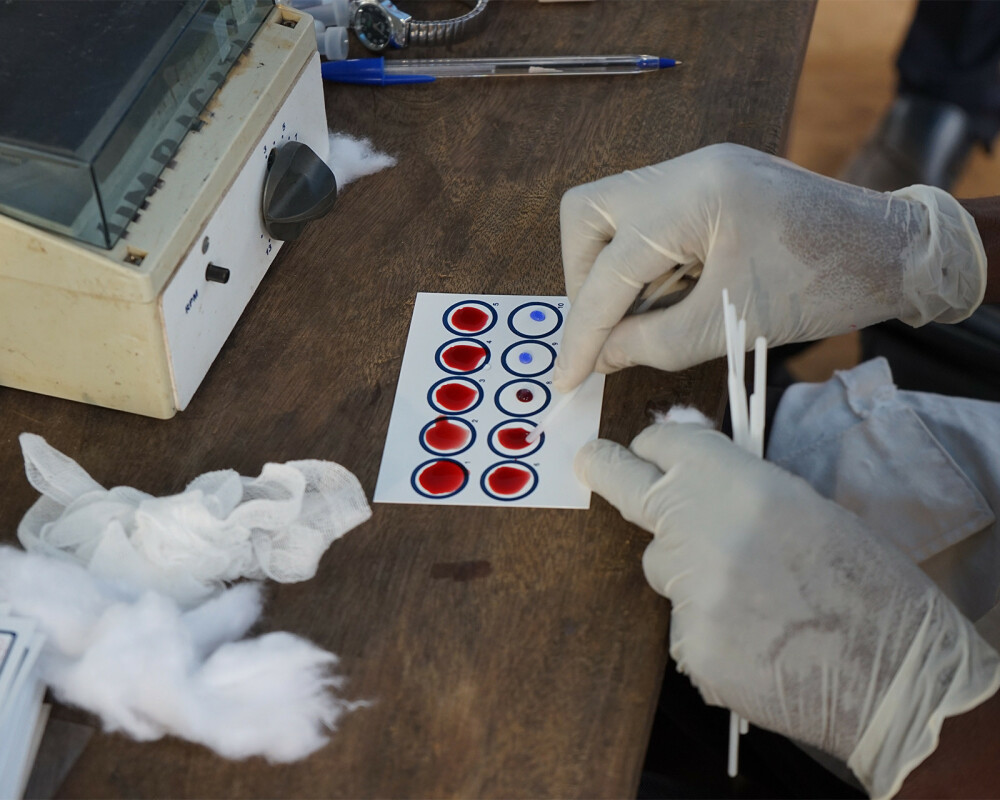
Sleeping sickness
Human African trypanosomiasis (HAT), also known as sleeping sickness, is caused by a parasite transmitted by the tsetse fly. Together with Congolese and international partners, our researchers have significantly reduced the annual number of sleeping sickness cases in the Democratic Republic of the Congo, achieving the first WHO goal to eliminate it as a public health problem in the country. The ultimate aim of the intensive control programmes is to completely halt the transmission of the disease by 2030, interrupting the transmission of the parasite between the tsetse fly and humans.
We developed the Card Agglutination Test for Trypanosomiasis (CATT), which became one of the most widely used field tests to detect sleeping sickness on a large scale in West and Central Africa.
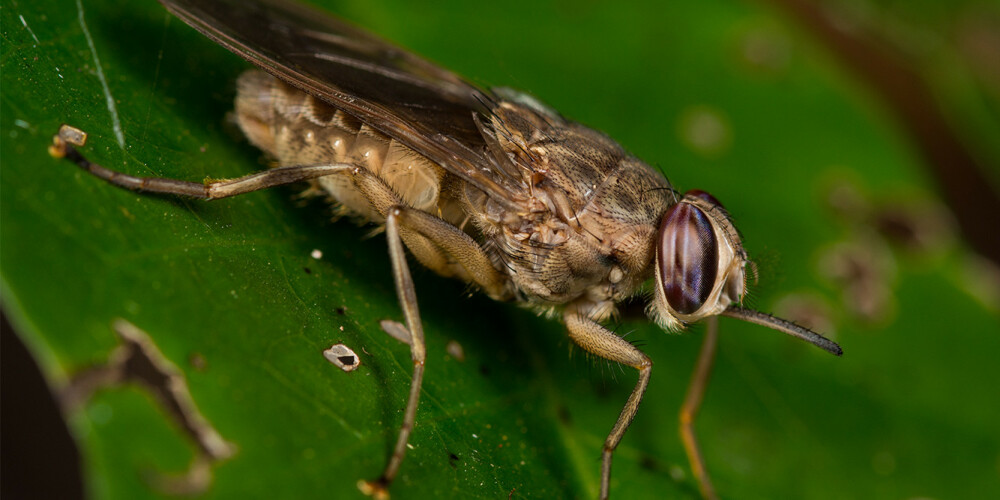
Project highlight: StrogHAT
Through facilitated diagnosis, increased acceptability and access to treatment, StrogHAT (Stop transmission of gambiense human African trypanosomiasis) will contribute to achieving the goal of stopping gHAT transmission by 2030, as defined by the World Health Organization.
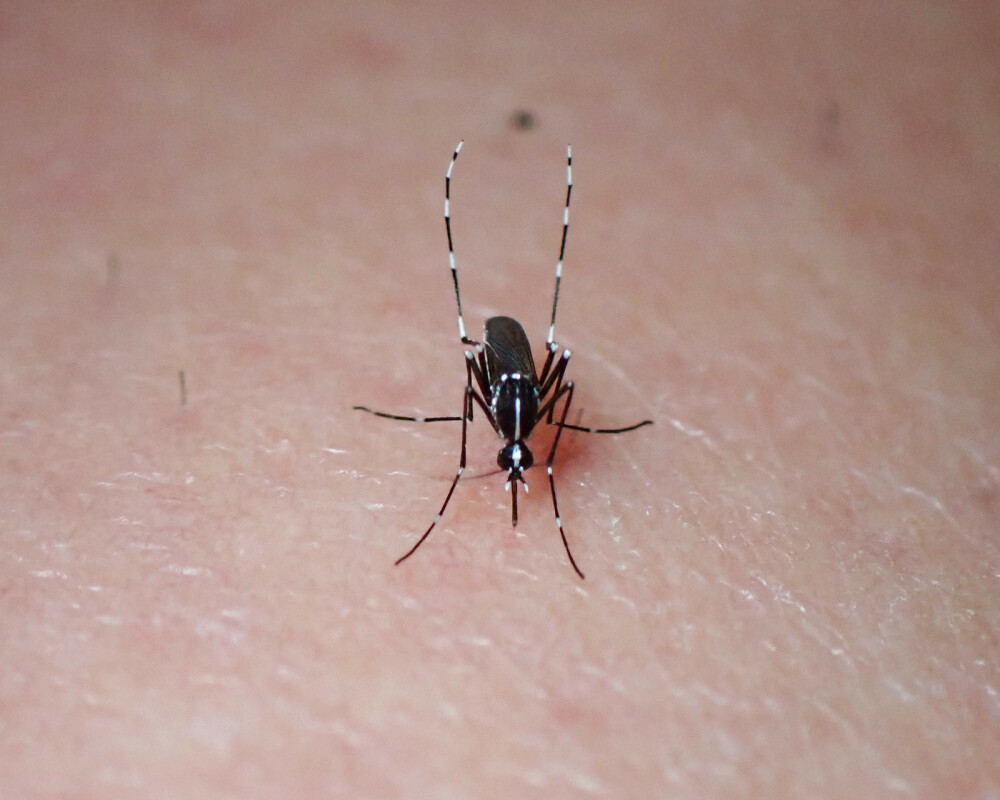
Dengue
Dengue is a viral disease transmitted to humans by Aedes mosquitoes and is the most prevalent arboviral infection, affecting 6.5 million people annually (WHO). Combatting this disease requires an interdisciplinary approach and active citizen participation. By staying vigilant and working together to eliminate mosquito breeding sites, we can help slow the spread of dengue. To support early detection, we are also co-developing an affordable, specific, and user-friendly rapid test that can diagnose dengue as early as the first week of infection.
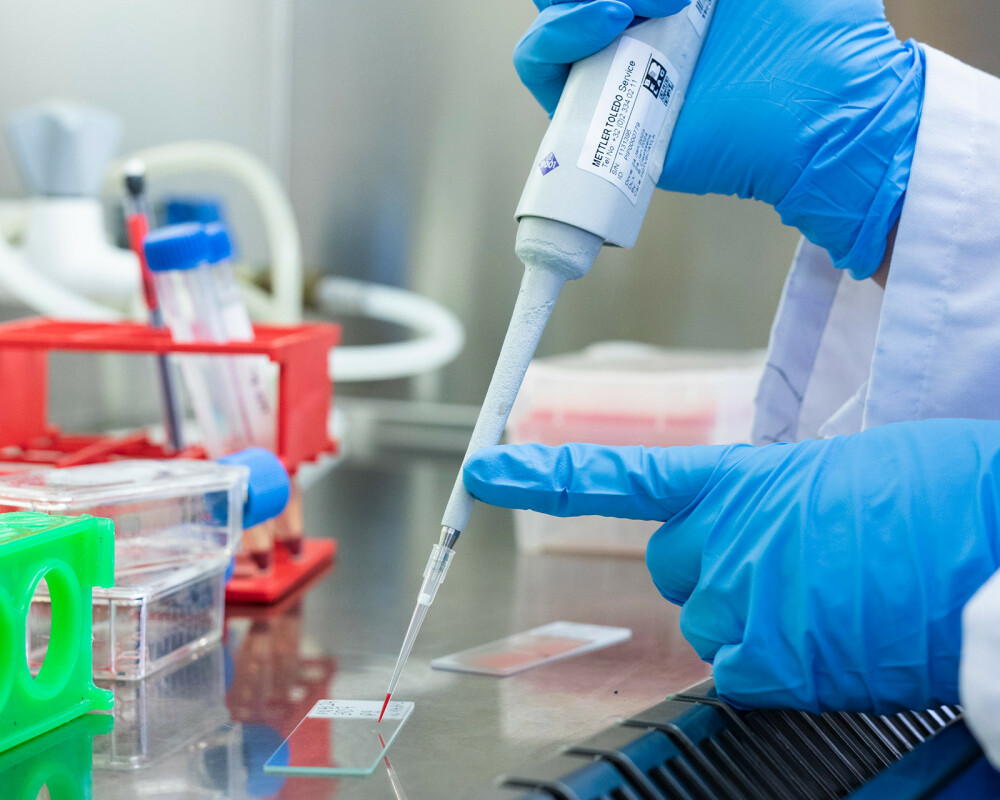
Malaria
Malaria is a parasitic infection transmitted by Anopheles mosquitoes. We combine state-of-the-art molecular, genomic, and cellular technologies with field research to study how Plasmodium parasites adapt to changing environments. Additionally, our experimental immunology laboratory—the only one of its kind in Belgium—focuses on the innate immunity of malaria vectors and the development of novel mosquito-based genetic technologies for malaria control.
By addressing the biological, human, and societal dimensions of the disease, we aim to control and ultimately eliminate malaria in the long term.
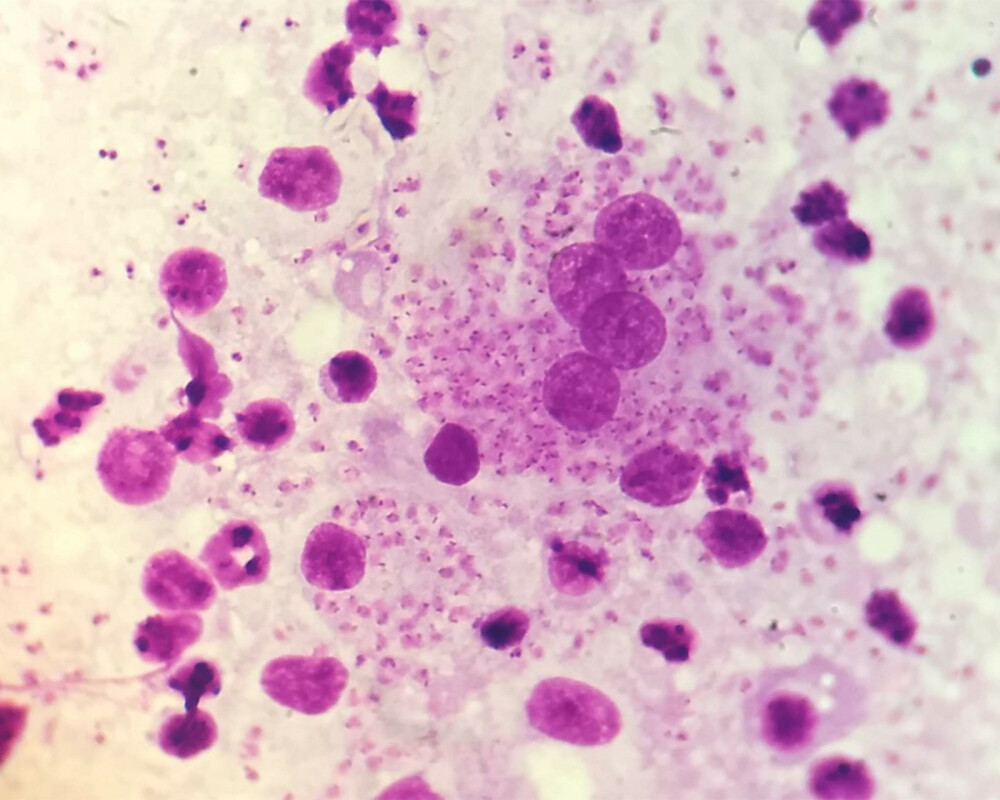
Leishmaniasis
Even though leishmaniasis is one of the most devastating parasitic diseases in the world, it is listed as a neglected tropical disease by WHO. For decades, we have been leading the battle against this deadly and stigmatising disease, working with partners in Europe, East Africa and South Asia to improve global health and push to the brink of elimination.
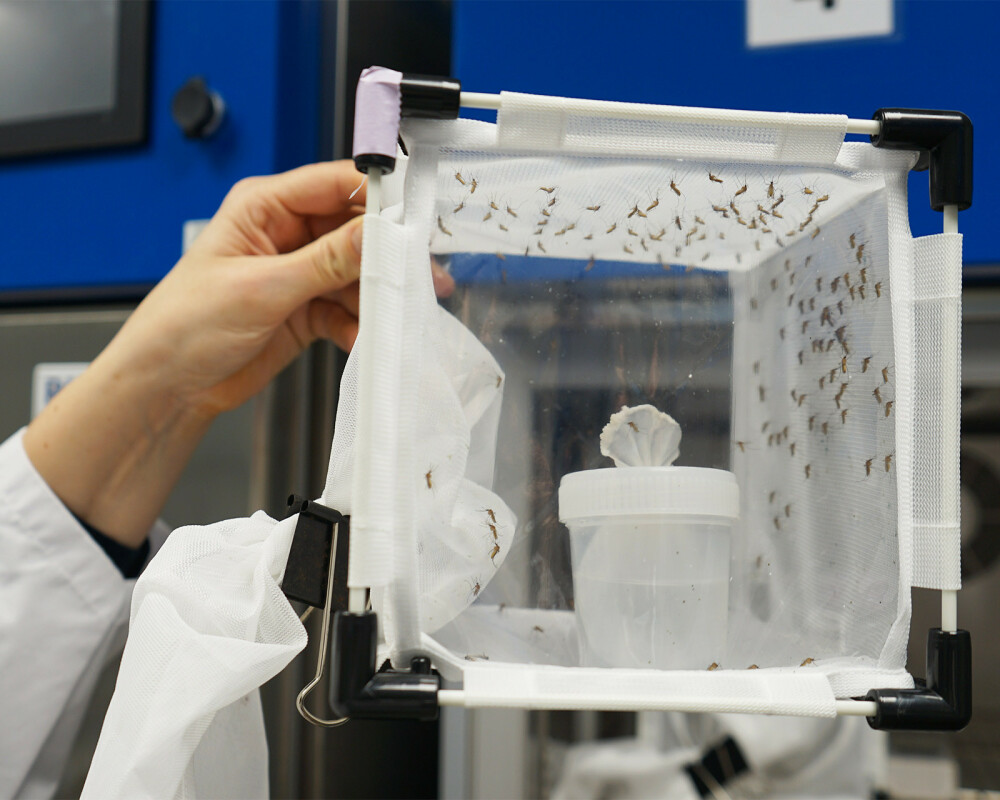
Insectary
Thanks to our insectary, we are able to perform groundbreaking cross-disciplinary research to address new global health challenges caused by vector-borne diseases. We study the interaction between arboviruses that cause Zika virus disease, dengue fever and West Nile fever and the mosquitoes that can transmit them to humans and animals.
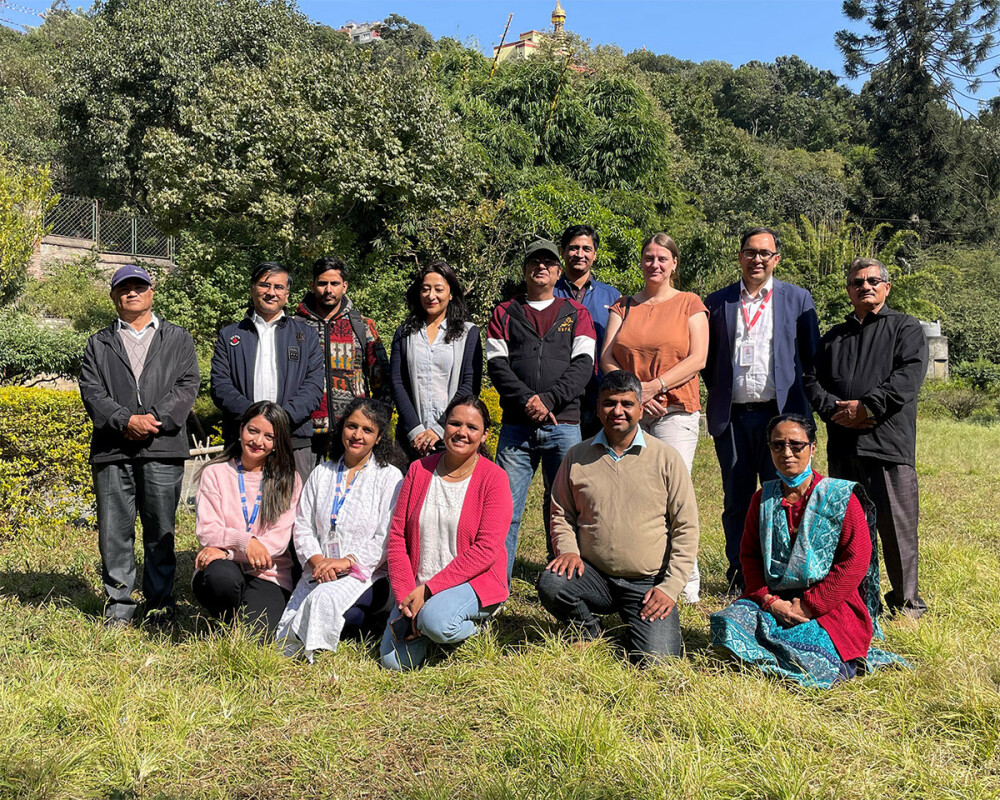
Climate crisis
As climate conditions change, environments are becoming more conducive to the emergence and spread of climate-sensitive infectious diseases, such as leishmaniasis and dengue. We aim to better understand how these shifts impact the risks of vector-borne diseases to humans.
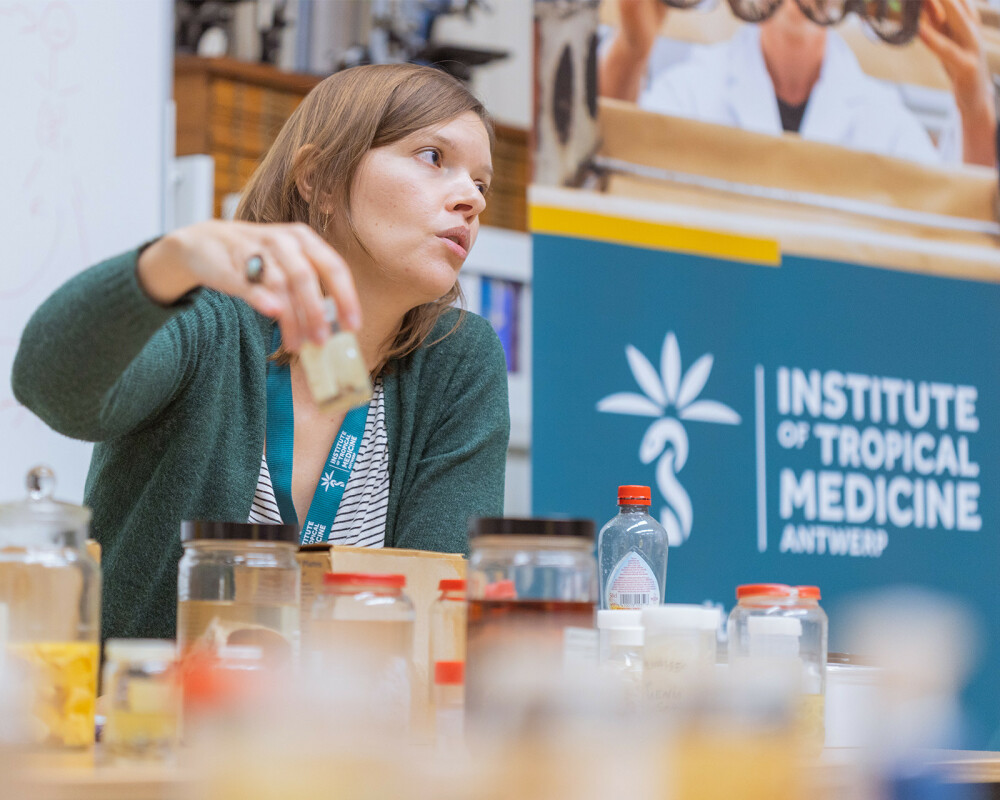
Citizen science
Community involvement is key in order to advance scientific research. Through the MEMO+ project, citizens can help us map the spread of the tiger mosquito across Belgium by simply taking pictures of mosquitoes and uploading them to an online surveillance tool. For those traveling to Africa, our MalariApp study offers another opportunity to contribute. Travellers can share which malaria prevention measures they use.
Beyond data collection, our scientists are committed to sharing knowledge. They regularly appear on podcasts and other platforms, bringing our research closer to curious minds everywhere.
